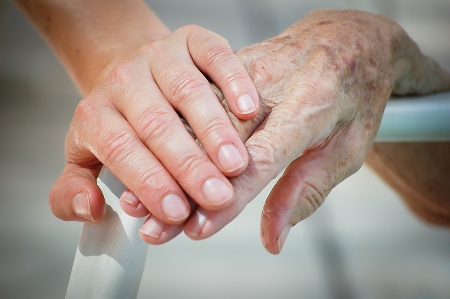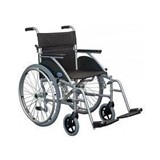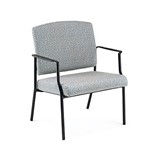The study, published in theJournal of the American Geriatrics Society, found that between 2000 and 2012 there were 1296 deaths in Victoria, and 89 per cent of those were from falls.
The study, led by Professor Joseph Ibrahim, from Monash University and the Victorian Institute of Forensic Medicine, also found that seven per cent of deaths were from choking, 1.3 per cent were suicides, 0.6 per cent were from complications in clinical care, and 0.5 per cent were by resident-resident assault.
Professor Ibrahim said that in Australia there were more than 186,000 residents living in an estimated 2700 nursing homes.
"While the very reason for older people being in these facilities, such as physical frailty and the presence of dementia means that they are at greater risk of death from external causes (injury), there has been, until now, no information about deaths in nursing homes that may be premature or preventable," he said.
Increased frailty
Professor Ibrahim said the greater incidence of falls related deaths in the nursing home population compared to the general community was likely due to the increased frailty of the residents, as well as increased requirements – brought in by the Coroner's office in 2007 – to report deaths from falls.
"Choking was found to be more common in young males, largely because these residents often have an acquired brain injury, which has a higher rate of swallowing disorders and risk of choking. Suicide was also more common in males, however at a lower rate than in the general community."
Professor Ibrahim said an aging population meant that improved care of older citizens was a priority.
"Globally there are 841 million people aged 60 and over and this will increase to 2 billion by 2050," he said.
"There needs to be a debate over whether residents may choose activities that enhance their quality of life but increase the potential of harm or death, particularly from falls or choking."
While the study has shown that preventable harm occurs in nursing homes, there must be balance between protecting residents from harm impacts and their quality of life, he said.








